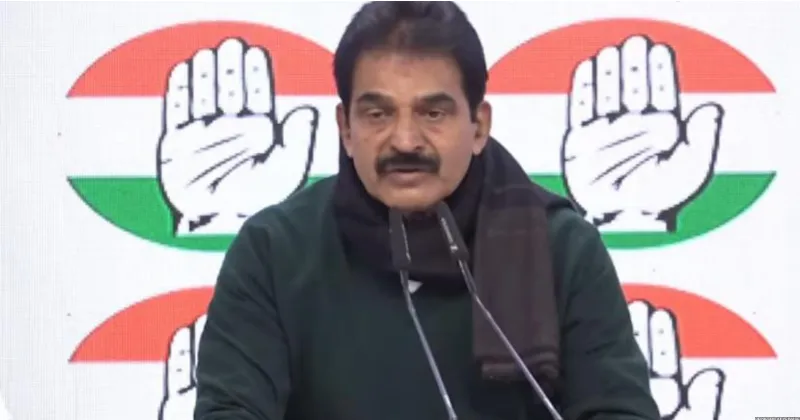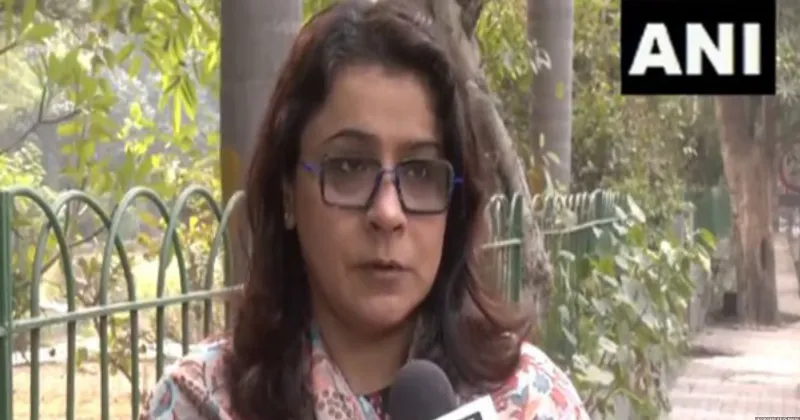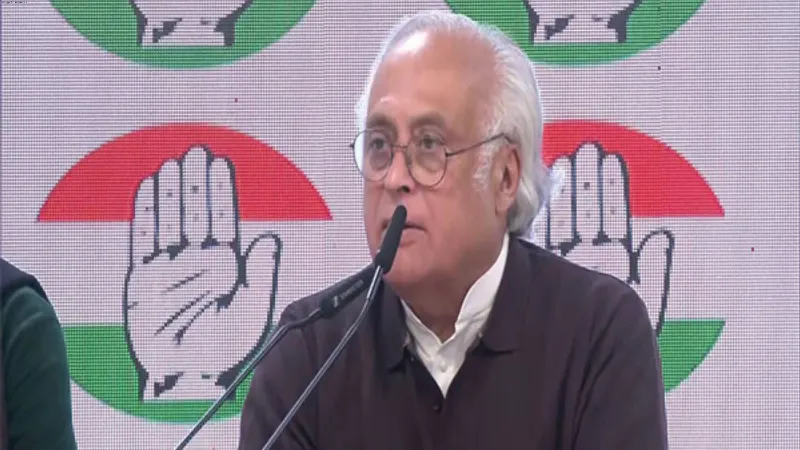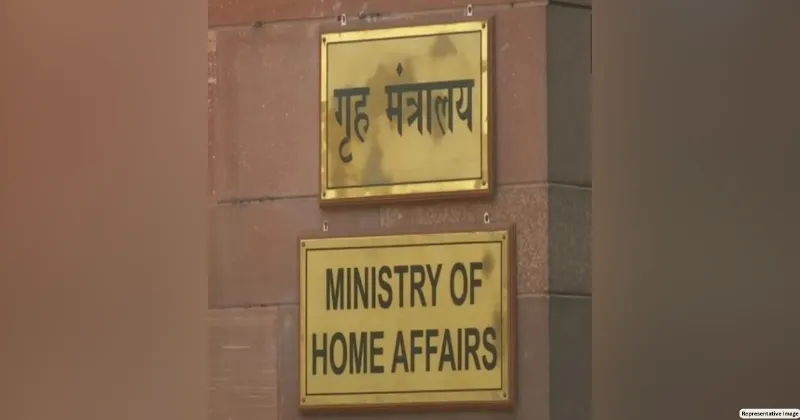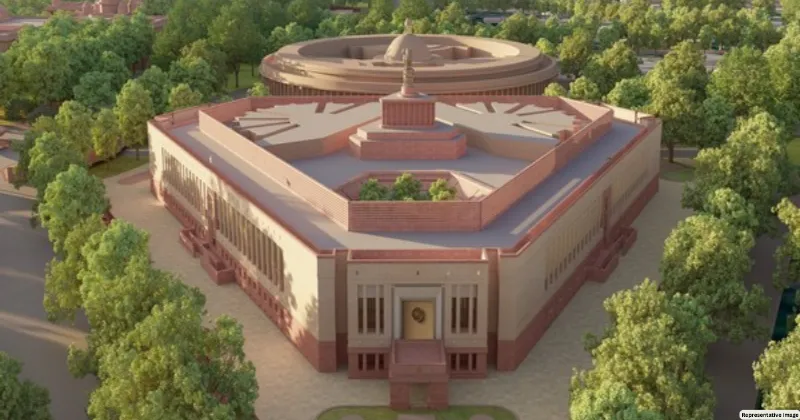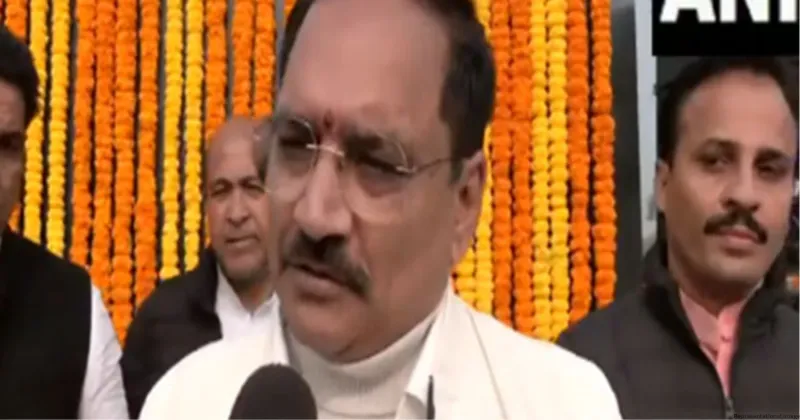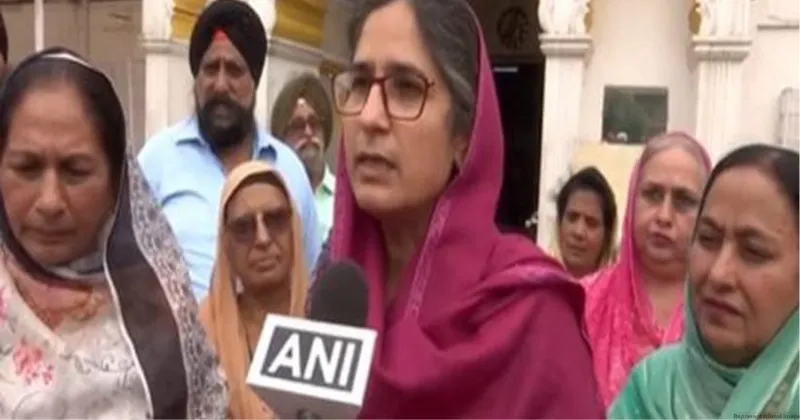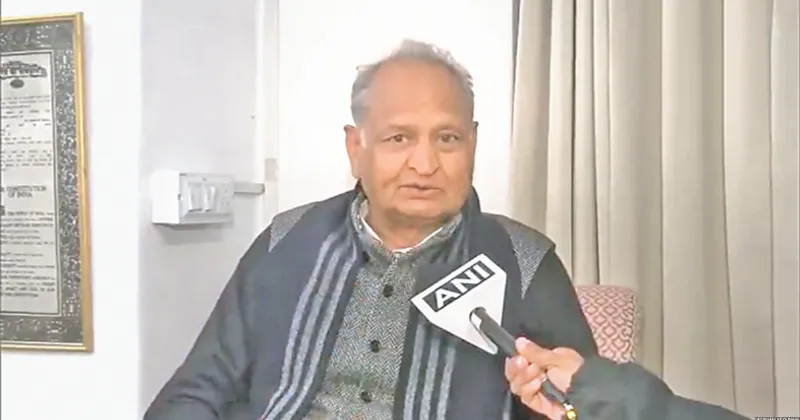Latest News
Delhi cabinet gives nod to extend Delhi's EV policy till December 31
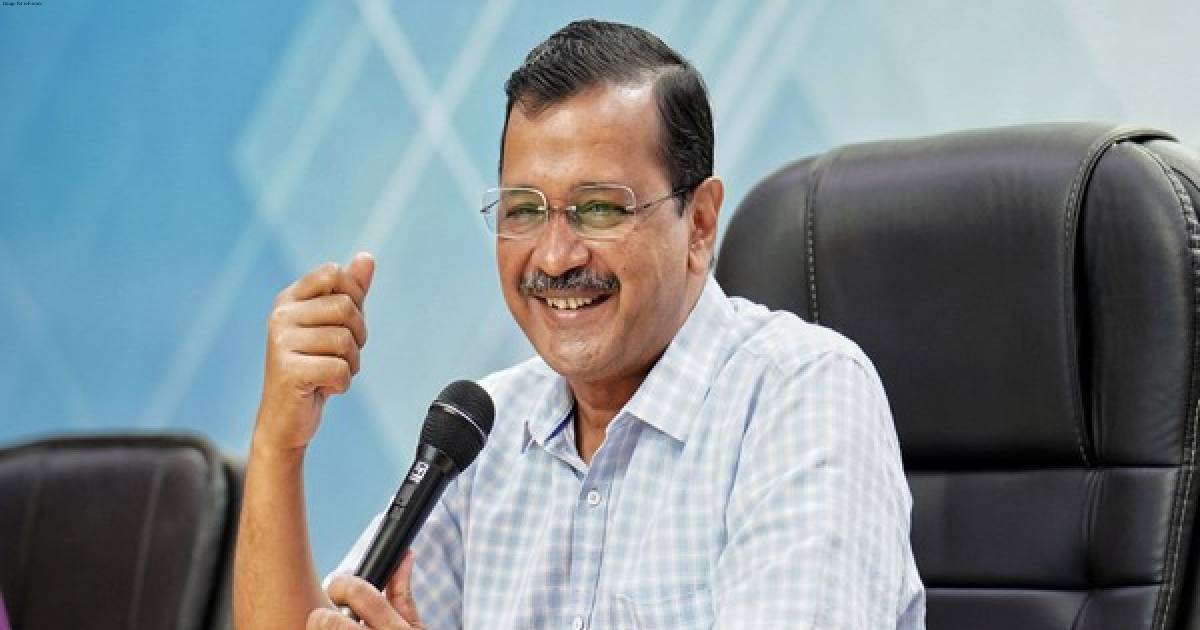
New Delhi: The Delhi cabinet led by Chief Minister Arvind Kejriwal on Saturday has given its approval to extend the existing Delhi Electric Vehicle Policy till December 31, 2023, or till notification of Policy 2.0 whichever is earlier.
All the incentives including subsidies under the existing policy shall also continue in this extension period.
Delhi Transport Minister Kailash Gahlot in a post on X, "Delhi Cabinet led by CM @arvindkejriwal has given its approval to extend the existing Delhi Electric Vehicle Policy till December 31, 2023 or till notification of Delhi EV policy 2.0 whichever is earlier. All incentives including subsidy under the existing policy shall continue. Delhi EV policy 2.0 is in the final stages and after necessary approvals shall be notified soon."
Earlier, Kailash Gahlot announced that the two-vehicle aggregator schemes launched in May 2023 for public feedback are in the final stage and will soon be sent for approval by the concerned authority.
"It is to inform that the two Aggregator schemes namely Delhi Motor Vehicle Aggregator and Delivery Service Provider Scheme 2023 and Delhi Motor Vehicles Licensing of Aggregator (Premium Buses) Scheme, 2023, which were published in May 2023 for public feedback are now in their final stage," Gahlot said in a post on 'X'.
The Delhi Motor Vehicle Aggregator and Delivery Service Provider Scheme aims to establish guidelines for ride-hailing and delivery service aggregators so that it can completely transition to electric vehicles (EVs) by 2030.
It also aims to introduce regulatory provisions for bike taxis and rent-a-bike services. Once the scheme is cleared, aggregators need to gradually convert their fleets to electric.
The Delhi EV Policy aims to achieve the overarching objective of improving Delhi's air quality and creating an entire supply-chain ecosystem for this new segment of vehicles. In order to significantly benefit Delhi's air quality, the policy intends to deploy 25% of all new vehicles to be battery-operated vehicles by 2024.







